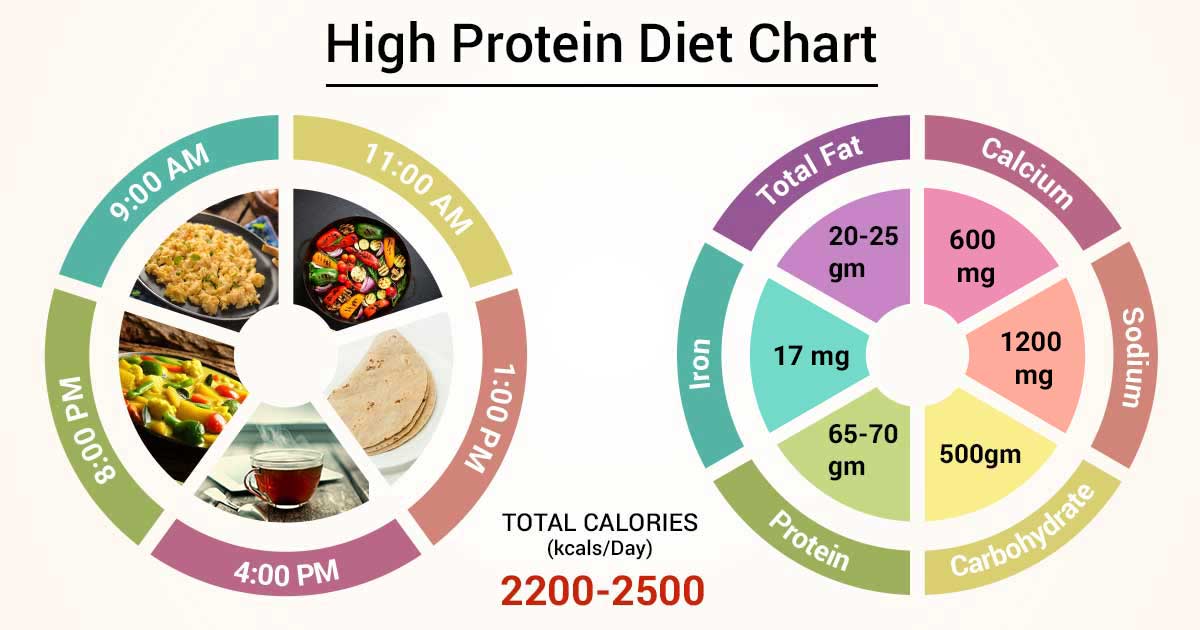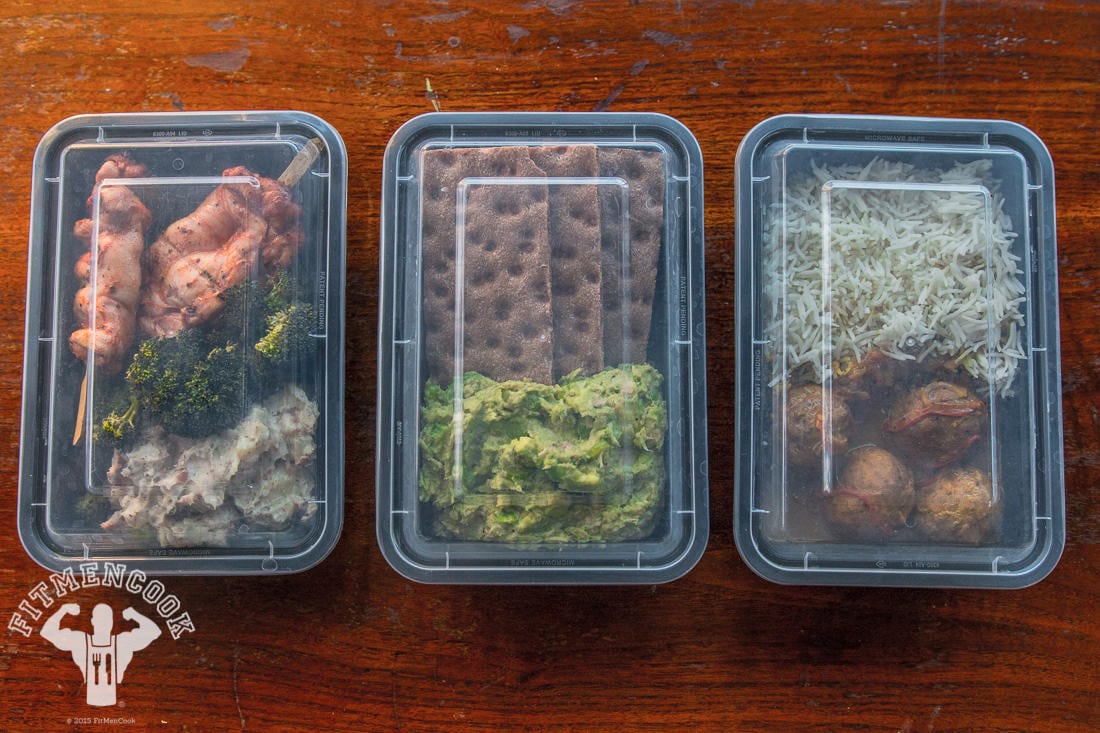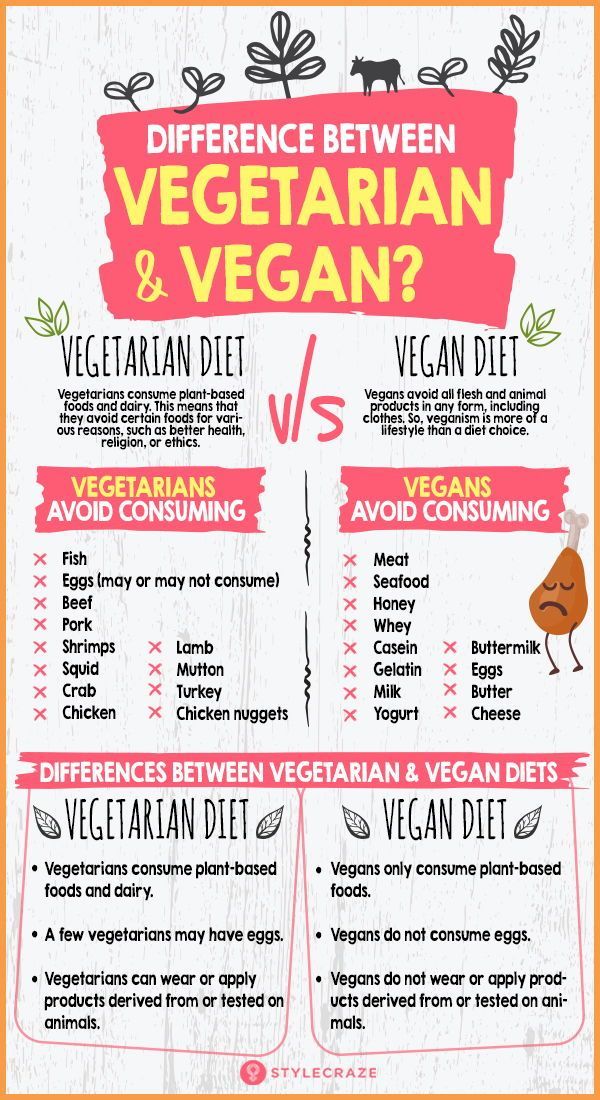
Iron, zinc, vitamin B12 are some of the most common deficiencies in vegans. Being able to absorb enough iron and calcium is essential. Vegetarians should consume a lot of whole grain and eggs. Fortified breakfast cereals are great options for calcium. For iron, dried prunes or fortified foods can be excellent choices.
Iron deficiency
Iron deficiency in vegans can be a serious problem. However, the right foods can help. These are some foods rich in iron. They can be incorporated into your meal planning and grocery shopping. And remember, plant-based food sources of iron are not as readily absorbed by the body as those derived from animals.
Vegetarians may experience iron deficiency in the same way as the general population, but it may be more severe for vegans. Vegans are more likely to develop iron deficiency anemia because iron is more readily absorbed from animal sources. Vegans are advised to consume 32 mgs of iron daily for women and 14 mgs each for men. This is 1.8 times more than the amount recommended for meat-eaters.
Vitamin B12 deficiency
Many vegetarians and vegans lack sufficient vitamin B12 due to their diets. Some people also have an auto-immune disease that impairs their ability to absorb vitamin B12. This condition can be treated with injections or other means of supplementation. Vegans have a higher risk of developing vitamin B12 deficiency because they do not eat animal products.

Researchers in the Czech Republic recently screened the vitamin B12 levels for vegans and nonvegans. Participants were tested for vitamin B12 deficiency by a blood test. The study involved 85 vegans and 151 vegans. To determine the vitamin B12 level of all participants, blood tests were done.
Zinc deficiency
A recent study has investigated the bioavailability of zinc from vegetarian diets. These findings have implications both for vegans, and omnivores. Omnivores get sufficient zinc, while vegans get less than the daily recommended intake. This can lead to deficiencies and other health complications.
Zinc deficiency may cause many symptoms, including poor growth, delayed sexual development, and male impotence. It can also make you more susceptible to colds and flu. Vegans need to be aware of the fact that many symptoms can not indicate a zinc deficiency.
Sources of vitamin D
Vegans are often in need of additional vitamin D sources in their diet. For many reasons, this vitamin is essential for good health. It can prevent many diseases by consuming a diet high in it. For example, it helps regulate melatonin levels in the body, which is necessary for sleep. Vitamin D receptors exist in the brain regions that regulate sleep.
Vitamin D has many important functions within the body. They include cell growth and proliferation. Vitamin D can also be used to inhibit the production of inflammatory chemicals, which signal cells that they are triggering inflammatory reactions. A vitamin D deficiency can lead to a worsening of the condition.

Plant-based sources of zinc
Plant-based zinc sources can have a sufficient zinc content but are less bioavailable that animal-based ones. This is because phytates (a substance that binds zinc and reduces its absorption) are found in plant-based sources. Proper food preparation can help reduce the amount of phytotates in food. Tofu, which is 1.45mg per half cup serving, is the best source of zinc. Other sources of zinc include oysters, half-a-cup serving of lean beef mince, and one large egg.
Zinc deficiency in vegans and omnivores is rare, but it can still happen. Many people, especially the elderly, do not get enough zinc in their diets. In fact, 25 percent of adults over the age of 60 may be deficient in zinc. Regular blood tests are important to determine if you're getting sufficient zinc.
FAQ
Is cold a sign of a weak immune response?
Cold causes a decrease in immune system strength. This is because white blood cells are less effective at fighting infection. But, cold makes you feel better. Your brain releases endorphins that reduce pain.
How much should I weigh for my height and age? BMI calculator and chart
To determine how much weight loss you need, a BMI calculator is your best friend. The healthy BMI range for a healthy person is 18.5 to 24.9. Aim to lose 10 pounds per month if your goal is to lose weight. Simply enter your height/weight into the BMI calculator.
Check out this BMI chart to determine if you are overweight or obese.
How can I get enough vitamins?
The majority of your daily nutritional needs can be met solely through diet. Supplements can be helpful if you are lacking in any one vitamin. A multivitamin can contain all the vitamins that you need. You can also get individual vitamins at your local drugstore.
If you are concerned about getting enough nutrients, talk to your doctor about what foods contain the best sources of vitamins. Some examples of rich sources of vitamins E and K include dark green leafy vegetables, such as spinach.
Ask your doctor for advice if you are unsure how much vitamin to take. Based on your medical history, and current health status, your doctor will recommend the right dosage.
What is the distinction between a calories and a kilogramcalorie?
Calories are units that measure the energy content of food. Calories is the unit of measurement. One calorie is the amount of energy required to heat one gram water one degree Celsius.
Kilocalories is another name for calories. Kilocalories measure in thousandths (or calorie) of a calorie. 1000 calories are equal to one kilocalorie.
How does weight change with age?
How can you tell if your bodyweight has changed?
When there is more muscle mass than fat, weight loss can occur. This means that you must consume more calories than you use daily. Low activity levels are the leading cause for weight loss. Other reasons include poor eating habits, stress, hormone imbalances, certain medications and illness. A person who has more fat than their muscle mass will experience weight gain. It happens when people consume more calories in a day than they actually use. Common reasons include overeating, increased physical activity, and hormonal changes.
Our bodies lose weight because we eat fewer calories than we burn. The main reason we lose weight is because we exercise more often. This increases our metabolism rate and burns more calories each day. But, this does not mean that we'll get thinner. It is important to know if we are losing weight or gaining muscle. Weight loss is possible if you burn more calories than you consume. If we consume more calories that we burn, then we are actually storing them in fat.
As we get older, our movement speed slows down and so we move less. We also tend not to eat as much food as we used to when we were younger. This is why we tend to gain weight. On the flip side, we tend to have more muscle mass so we look bigger than we really are.
Without regularly weighing yourself, it's impossible to determine how much weight has been lost. There are many methods to measure your weight. You can check your waist size, your hips, your thighs, your arms, etc. Some people prefer using bathroom scales and others prefer tape measures.
You can track your progress by weighing yourself at least once per week and measuring your waistline every month. You can also take pictures of yourself every few months to see how far you've come.
Online measurements of your height, weight and body mass can help you determine how much. You'd likely weigh 180 pounds if you were 5'10 tall and 180 pounds if you were 180lbs.
What is the best food for me?
There are many factors that influence the best diet, including your gender, age, weight, health condition, lifestyle, and personal preferences. You also need to consider how much energy you expend during exercise, whether you prefer low-calorie foods, and if you enjoy eating fruits and vegetables.
Intermittent Fasting is an alternative to traditional fasting if you are looking to lose weight. Intermittent fasting involves consuming only specific meals throughout the day, rather than having three large meals. You may find that this method works better for you than traditional diets that include daily calorie counts.
Studies have shown that intermittent fasting can improve insulin sensitivity and decrease inflammation. This could lead to lower blood sugar levels and a reduced risk of developing diabetes. Other research suggests that intermittent fasting may promote fat loss and improve overall body composition.
How can I control my blood pressure?
First, you must determine what is causing high blood pressure. Next, you must determine the cause and take steps to decrease it. This could be as simple as eating less salt, losing weight (if necessary), or even taking medication.
It is important to ensure that you get enough exercise. Walking is a great alternative if you don't have the time or energy to exercise regularly.
If you are unhappy about how much exercise you do, you might consider joining a fitness club. A gym that has other members who share your goals will be a good place to start. It's much easier to follow a routine if someone is with you at the gym.
Statistics
- WHO recommends consuming less than 5% of total energy intake for additional health benefits. (who.int)
- This article received 11 testimonials and 86% of readers who voted found it helpful, earning it our reader-approved status. (wikihow.com)
- The Dietary Guidelines for Americans recommend keeping added sugar intake below 10% of your daily calorie intake, while the World Health Organization recommends slashing added sugars to 5% or less of your daily calories for optimal health (59Trusted (healthline.com)
- According to the Physical Activity Guidelines for Americans, we should strive for at least 150 minutes of moderate intensity activity each week (54Trusted Source Smoking, harmful use of drugs, and alcohol abuse can all seriously negatively affect your health. (healthline.com)
External Links
How To
What does the meaning of "vitamin?"
Vitamins are organic compounds that can be found in foods. Vitamins are essential for our bodies to absorb nutrients from the foods we eat. Vitamins cannot be produced by the body. They must be obtained from food.
There are two types of vitamins: water soluble and fat soluble. Water-soluble vitamins dissolve readily in water. Examples include vitamin C,B1 (thiamine), B2 (riboflavin), B3 (niacin), B6 (pyridoxine), folic acid, biotin, pantothenic acid, and choline. The liver and fatty tissues are home to fat-soluble vitamins. You can find vitamin D, E K, A and beta carotene as examples.
Vitamins can be classified by their biological activity. There are eight major groups of vitamins:
-
A - vital for normal growth and maintaining good health.
-
C is important for nerve function and energy production.
-
D - necessary for healthy bones and teeth.
-
E is needed for good reproduction and vision.
-
K – Required for healthy muscles & nerves.
-
P - Vital for strong bones and teeth.
-
Q - aids digestion and absorption of iron.
-
R is required for the production of red blood cells.
The recommended daily allowance (RDA) of vitamins varies depending on age, gender, and physical condition. The U.S. Food and Drug Administration has established the RDA values.
For adults over 19 years, the RDA is 400 mg per day for vitamin A. Pregnant women require 600 micrograms daily to support fetal development. Children ages 1-8 require 900 micrograms per day. Infants below one year of age need 700 micrograms daily. But, between 9 months to 12 months of age, the amount drops to 500micrograms per days.
Children ages 1-18years who are obese need 800 micrograms per day while those who are overweight need 1000 micrograms per day and children who are underweight need 1200 micrograms per day to meet their nutritional needs.
Children 4-8 years old with anemia will need 2200 mg of vitamin D daily.
2000 micrograms are required daily for good health in adults over 50. Breastfeeding or pregnant women require 3000 micrograms per daily due to higher nutrient demands.
Adults over 70 need 1500 micrograms daily, since they lose around 10% of their muscle mass every decade.
Women who are pregnant and lactating need more nutrients than the RDA. Pregnant women need 4000 micrograms per dayduring pregnancy and 2500 micrograms per day after delivery. Breastfeeding moms need 5000 micrograms per daily when breastmilk production occurs.